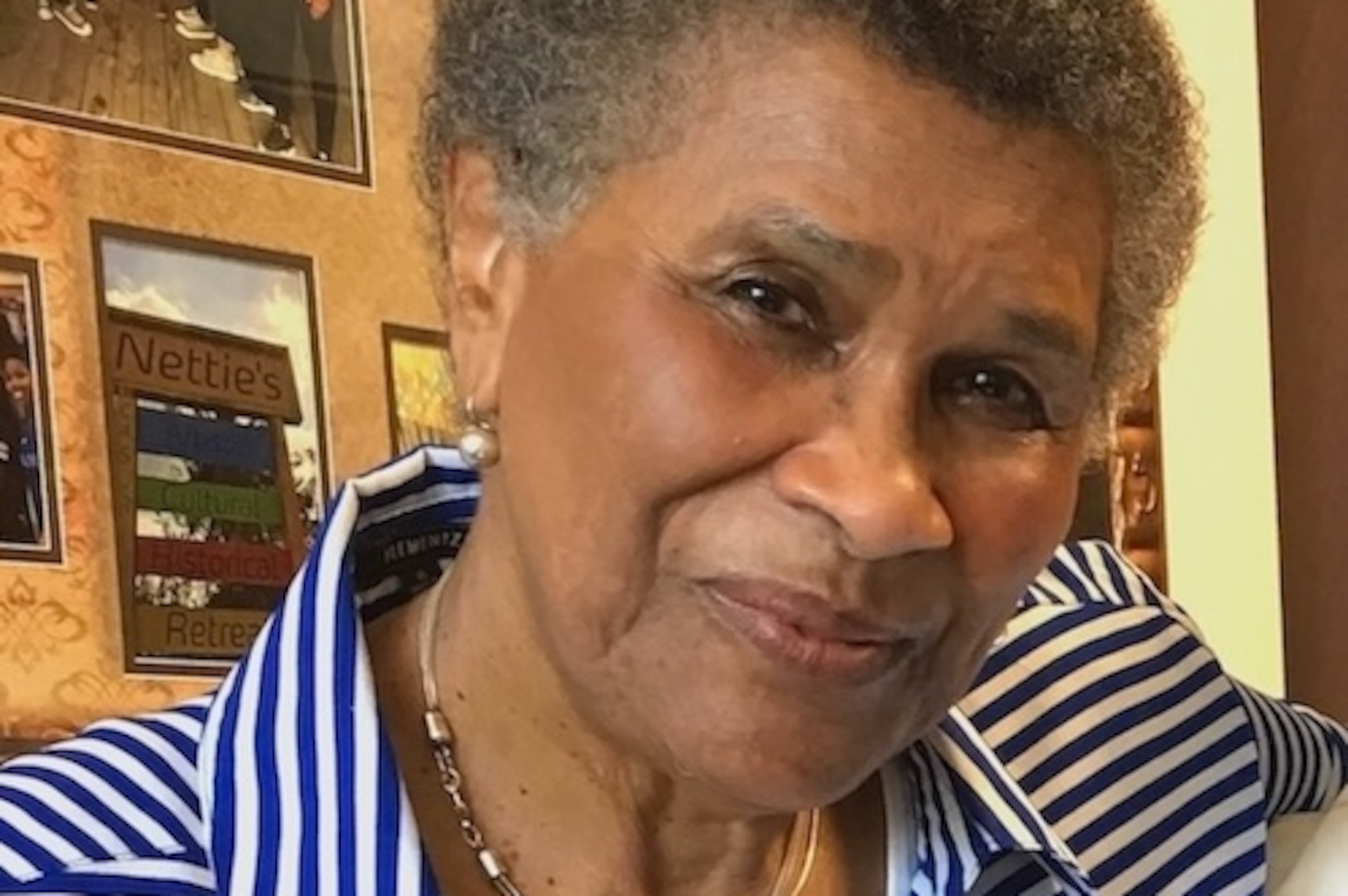Frans de Waal’s chimp studies changed our self-perceptions

Emory University primatologist Frans de Waal changed the way we look at primates, believing we have more in common than previously thought. His observations and many books redefined what it means to be an animal and to be a human.
“He was the most celebrated faculty member Emory has ever had,” says Harold Gouzoules, an Emory professor of psychology who taught courses with de Waal. “His contributions to the university and our department were amazing. His books had worldwide recognition.”
Born in the Netherlands, Franciscus Bernardus Maria “Frans” de Waal died March 14 at his home in Stone Mountain from stomach cancer. He was 75 and was the Charles Howard Candler Professor Emeritus of Psychology and the former director of the Living Links Center for the Advanced Study of Ape and Human Evolution at the Emory National Primate Research Center. He retired in 2019.
Known as a prolific author, generous colleague and engaging speaker, de Waal remained busy in retirement, traveling the world to attend conferences and give public and scholarly talks. He published his last book, “Different: Gender Through the Eyes of a Primatologist,” in 2022. In it, he says that homosexuality is common among animals, that sisterhood is powerful and that it is possible for an animal born with one sex to start acting like another.
“I always imagined Frans continuing to write books well into his 90s,” says Gouzoules. “He had years of contributions in him.”
de Waal earned a Ph.D. in biology from the University of Utrecht in 1977. He was mentored by Dutch biologist Jan van Hooff, who researched primates. His dissertation focused on a chimpanzee colony at the Arnhem Zoo, where he observed that chimpanzees embraced and kissed after fighting, a process that he called reconciliation, which had been a term reserved for human relationships. His 1982 book, “Chimpanzee Politics: Power and Sex Among Apes,” was based on his research.
In 1981, de Waal moved to Madison, Wisconsin, to work at the Wisconsin National Primate Research Center. Ten years later, Emory recruited him in what officials called “a big coup.” He continued his work on primates at Emory.
“He was kind and funny and incredibly generous,” said Lynne Nygaard, head of Emory’s psychology department. “If you asked him to work through a problem with you or give a guest lecture or be on a dissertation committee, he would do it. He was in such high demand for talks, both popular and scholarly.”
In addition to studying chimpanzees, de Waal studied bonobos in the Democratic Republic of Congo and in the San Diego Zoo. Theirs is a female-dominant, sex-loving, peaceful society, a marked contrast to aggressive chimpanzees. Published in 2005, his “Our Inner Ape” focuses on these ape societies and examines the enormous spectrum of human behavior.
de Waal studied and wrote about how animals express emotions in his final book, “Mama’s Last Hug: Animal Emotions and What They Tell Us About Ourselves.” That book was inspired in part by a 2016 video of his mentor, van Hooff, visiting a dying 58-year-old chimpanzee named Mama at a Netherlands zoo. The video shows her curled in a fetal position when van Hooff arrives. He speaks to her and strokes her arm and she awakens, smiles, reaches to him and they embrace, patting each other. de Waal was constantly challenging long-held beliefs that animals don’t have emotions.
Part of a TED talk that de Waal gave focused on an experiment designed by then-graduate student Sarah Brosnan, now a distinguished professor of psychology at Georgia State University. She was, and still is, interested in exploring how animals make decisions about cooperation and reciprocity.
de Waal usually supervised four to six students, who got to know each other at dinners that de Waal called “simian soirees” at his home. They would talk about science and their work, Brosnan said, “and we’d get to know him and he’d get to know us.”
He was supportive, insisting that Brosnan be first author on juried papers they produced together. He was such a good writer, she says, that he insisted his students also write well and learn how to give a presentation. He hated slides with “too many words on them,” but liked pictures, diagrams and charts.
“He told me the best way to learn about animals is to watch them,” she says. “If you came up with an idea, he would support you.”
After Brosnan defended her dissertation and earned her Ph.D., “I went smoothly from being a graduate student to being a colleague.” de Waal kept up with his graduate students, she says, asking about their work and their families. If they married, he attended their weddings.
“He was someone we were still writing papers with and asking to come give a guest lecture,” Brosnan says. “Losing him is hard.”
de Wall is survived by his wife Catherine Marin. There will be a memorial service for Frans de Waal later this spring at Emory, says Harold Gouzoules.

